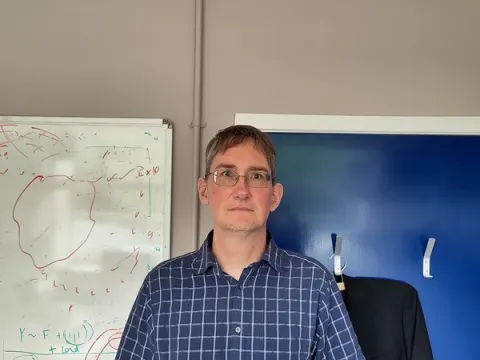Project overview
It is widely acknowledged that poor rural communities are often highly dependent on ecosystem services for their livelihoods, especially as a safety net in times of hardship or crisis.
However, a major challenge to the understanding and management of these benefit flows to the poor is a lack of data on the supply, demand and use of ecosystem services by the poor, particularly in the developing world where dependence on ecosystem services is often highest.
This project evaluated the effectiveness of a range of modelling approaches for mapping six ecosystem services - crop production, stored carbon, water availability, non-timber forest products (NTFPs), grazing resources, and pollination - at multiple spatial scales across sub-Saharan Africa.
It assessed model performance based on two broad metrics - model data requirements and the usefulness to decision-making - to ascertain the degree of complexity of modelling that needs to be applied to map ecosystem services in a way useful for poverty alleviation.
WISER hoped to help improve the lives of the approximately 400 million people living in poverty in sub-Saharan Africa by ensuring policy makers in the region use the right tools.
Key academic findings comprised:
1. Decision-makers are actively engaging with ecosystem services research
2. Most decision-makers lack adequate information to support their decisions
3. Increasing ecosystem services model complexity improves model accuracy
4. Weighting modelled ecosystem services by population density may provide a good approximation of realized ecosystem services use
5. Population density is a good proxy of some ecosystem services use, compared to models
Ensemble modelling is often not as good as individual models
Decision-makers need models across a broader range of services than is currently available.
However, a major challenge to the understanding and management of these benefit flows to the poor is a lack of data on the supply, demand and use of ecosystem services by the poor, particularly in the developing world where dependence on ecosystem services is often highest.
This project evaluated the effectiveness of a range of modelling approaches for mapping six ecosystem services - crop production, stored carbon, water availability, non-timber forest products (NTFPs), grazing resources, and pollination - at multiple spatial scales across sub-Saharan Africa.
It assessed model performance based on two broad metrics - model data requirements and the usefulness to decision-making - to ascertain the degree of complexity of modelling that needs to be applied to map ecosystem services in a way useful for poverty alleviation.
WISER hoped to help improve the lives of the approximately 400 million people living in poverty in sub-Saharan Africa by ensuring policy makers in the region use the right tools.
Key academic findings comprised:
1. Decision-makers are actively engaging with ecosystem services research
2. Most decision-makers lack adequate information to support their decisions
3. Increasing ecosystem services model complexity improves model accuracy
4. Weighting modelled ecosystem services by population density may provide a good approximation of realized ecosystem services use
5. Population density is a good proxy of some ecosystem services use, compared to models
Ensemble modelling is often not as good as individual models
Decision-makers need models across a broader range of services than is currently available.
Staff
Lead researchers
Research outputs
Danny A.p. Hooftman, James M. Bullock, Laurence Jones, Felix Eigenbrod, José I. Barredo, Matthew Forrest, Georg Kindermann, Amy Thomas & Simon Willcock,
2022, Ecosystem Services, 53
Type: article
Simon Willcock, Danny A.P. Hooftman, Ryan Blanchard, Terence P Dawson, Thomas Hickler, Mats Lindeskog, Javier Martínez-López, Belinda Reyers, Sophie M. Watts, Felix Eigenbrod & James M. Bullock,
2020, Science of the Total Environment, 747
Type: article
Gregory Cooper, Simon P Willcock & John Dearing,
2020, Nature Communications, 11(1)
Type: article
Simon Willcock, Danny A.P. Hooftman, Stefano Balbi, Ryan Blanchard, Terrence P. Dawson, Patrick O’Farrell, Thomas Hickler, Malcolm Hudson, Mats Lindeskog, Javier Martínez-López, Mark Mulligan, Belinda Reyers, Charlie M. Shackleton, Nadia Sitas, Ferdinando Villa, Sophie M. Watts, Felix Eigenbrod & James M. Bullock,
2019, Ecosystems, 22(8), 1902-1917
Type: article
2018, Ecosystem Services
Type: article
Simon Willcock, Danny Hooftman, Nadia Sitas, Patrick O’Farrell, Malcolm D. Hudson, Belinda Reyers, Felix Eigenbrod & James M. Bullock,
2016, Ecosystem Services, 18, 110-117
Type: article
